Mumbai is the financial capital of India. It’s one of those cities most widely known for its cultural diversity and resilience in any challenge that comes with life. Below the bustling roads and towering skyscrapers stand millions silently battling this crippling silent challenge: mental health issues. According to the World Health Organization, somewhere in their lives, 1 in 4 will be diagnosed with mental illness.
Poverty and unemployment, a sense of stigma around mental conditions, and, more importantly, general unawareness would combine to fuel these challenges more than in Mumbai. Many such NGOs have started mushrooming over here and are trying to create maximum awareness about it, support systems, and advocate for much-needed policy reforms.
The article is going to explore the landscape of Mental Health NGO in Mumbai as well as their roles, services, challenges, and contributions to the community.
The Role of NGOs
From this perspective, NGOs help bridge the gap between those who need help and those who already have it available. They come in handy through providing essential service support to both individuals and making society change its perception concerning mental health.
Key Issues Tackled by Mental Health NGO in Mumbai

- Stigma and Discrimination: NGOs engage in public education and information campaigns that combat stigma and encourage understanding and non-discrimination attitudes in the public.
- Accessibility: Many NGOs conduct free or cheaper mental health treatment services to the poorest sections of people, making possible access without such financial hindrance.
- Support for Specific Population: Targeted interventions are provided to vulnerable groups, such as homeless people and prisoners, to address their unique mental health needs
- Rehabilitation and Reintegration: NGO rehabilitation programs comprise vocational training and life skills to help them get back into society after regaining their health.
- Crisis Intervention: Helplines, like the ones run by AASRA, provide timely emotional support during crisis situations, addressing the urgent need for mental healing
- Awareness and Education: School and workplace-based campaigns are used to educate people on mental health, erase myths, and promote open conversations about the condition.
- Caregiver Support: Caregivers of people with mental illness are also supported through services that prevent stress through training and enhancing their care skills.
- Policy Advocacy: NGOs advocate for policies regarding mental health so that more funds and protections are available for those suffering from mental health disorders.
Leading Mental Health NGO in Mumbai
Mpower
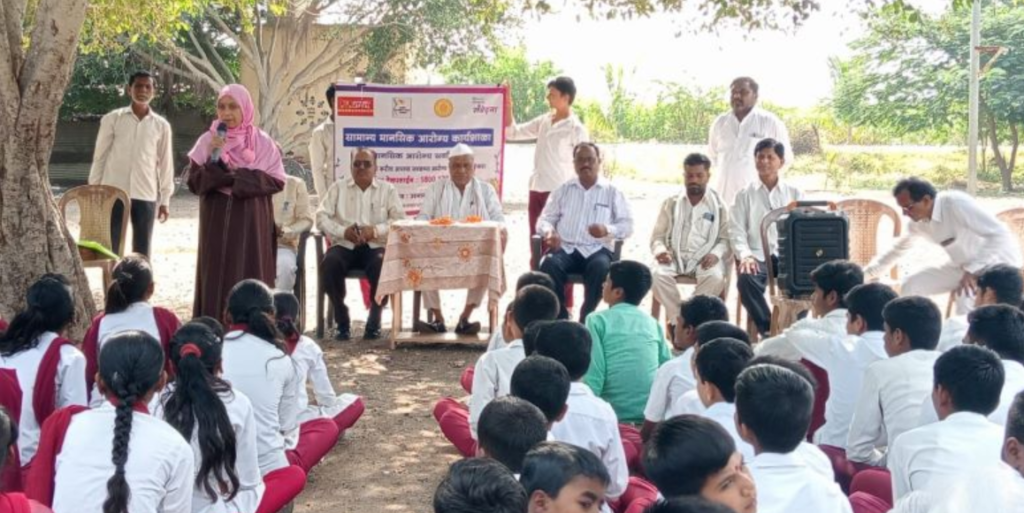
Overview: Mpower is a service founded by the family of actress Deepika Padukone in 2016 to spread awareness for mental health support services among people affected by mental disorders.
Services Offered:
- Counselling: Mpower runs individual and group counselling sessions with trained professionals.
- Workshops: Mpower organises seminars in schools and workplaces to create awareness about mental health.
- Support Groups: The organisation involves bringing together peer support groups for clients who have mental health problems.
Impact: Mpower has reached thousands of people through its awareness campaigns and counselling services, and this has been very instrumental in reducing stigma related to mental health.
Website: https://mpowerminds.com/
The Banyan
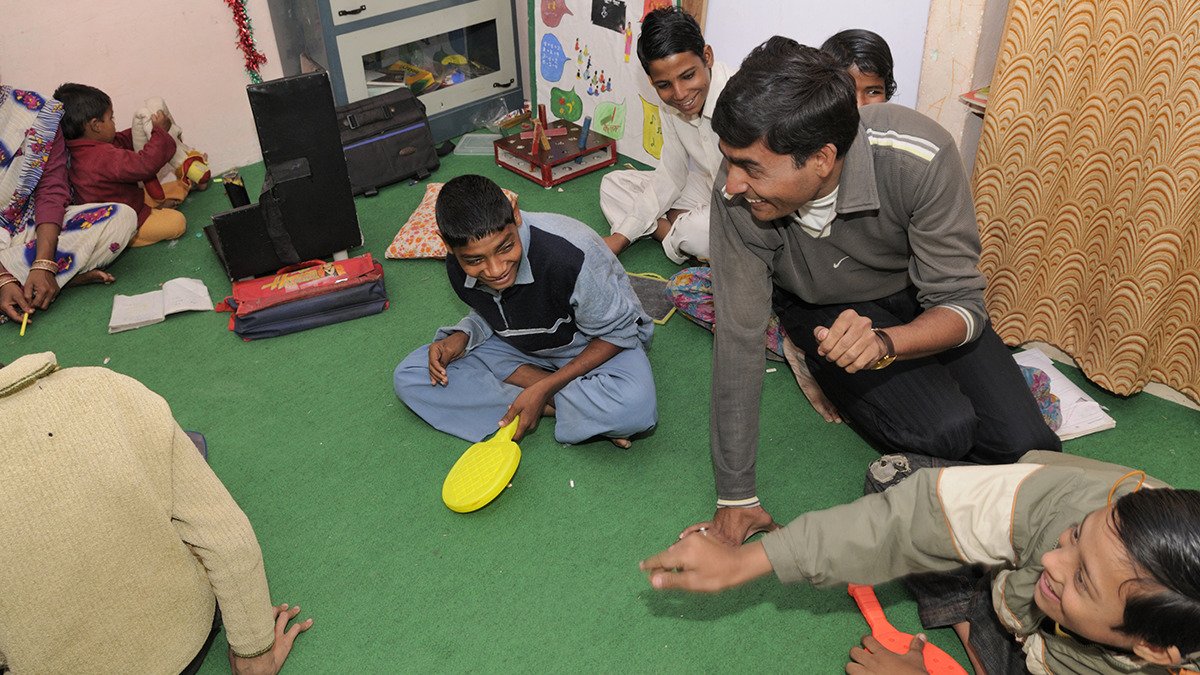
Overview: Established in 1993, The Banyan deals with helping homeless women who have mental illness. It caters to a holistic approach consisting of shelter, rehabilitation, and readmission to society.
Services Offered:
- Shelter: Banyan House is a sanctuary that provides security to homeless, mentally ill women.
- Rehabilitation Programs: These programs offer vocational training and life skills development for women to regain their independence.
- Conducted community outreach programs through which the Banyan spread the message related to mental issues in communities across India.
Impact: The Banyan has transformed many women’s lives in that they have been supported to rebuild themselves and return to society.
Website: https://thebanyan.org/
iCall
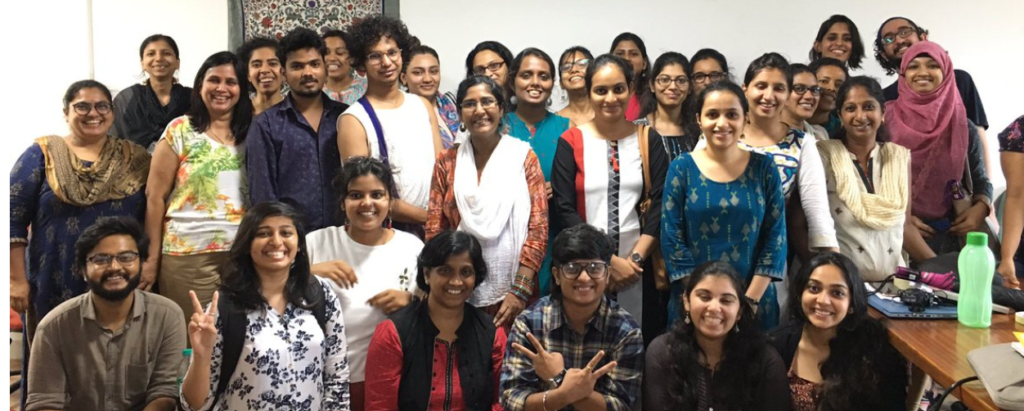
Overview: iCALL is the helpline service launched by the Tata Institute of Social Sciences (TISS). This provides psychological counselling over the phone.
Services Offered:
- Helpline Services: Emotional support is provided by trained counsellors over the phone.
- Workshops: iCALL conducts workshops on different mental health issues for schools and organisations
- Research: The firm conducts research to understand the Indian trends of mental health syndrome.
Impact: iCALL has touched the lives of people across India through its helpline service, providing instant relief during emergencies.
Website: https://icallhelpline.org/
AASRA
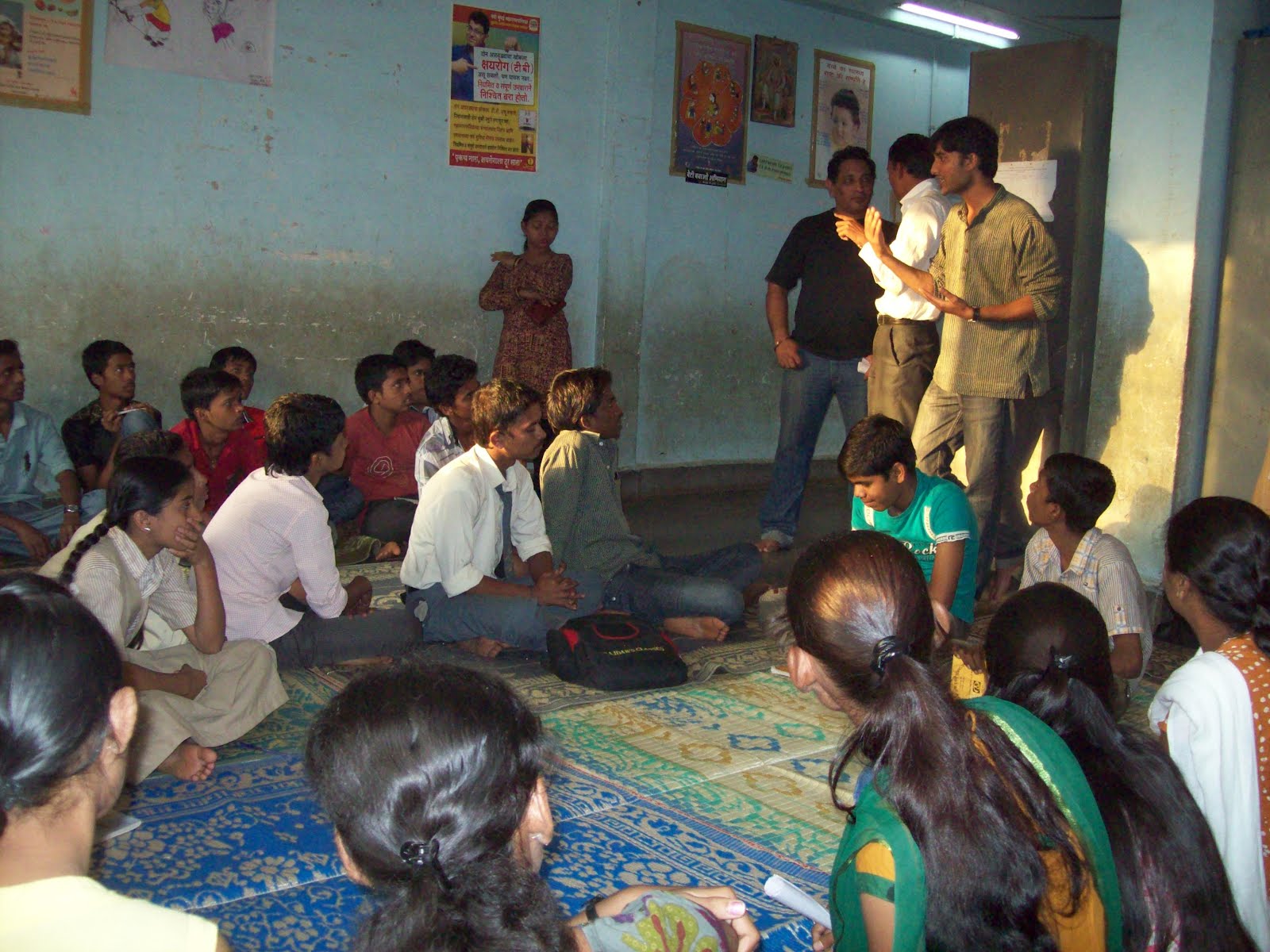
Overview: AASRA is the oldest suicide helpline in India, working toward the goal of preventing suicide and offering emotional support.
Services Offered:
- Crisis Helpline AASRA: A 24/7 crisis helpline operated by the organisation for troubled souls or ones considering suicide
- Counselling Services: PProvides counselling to some, in which face-to-face interaction is sometimes considered.
- Awareness Campaigns: AASRA conducts campaigns to reduce stigma around mental illness.
Impact: AASRA has protected numerous lives of those suffering in their moment of suicide.
Website: http://www.aasra.info/
Kripa Foundation

Overview: The institution was established way back in the year 1981; it primarily aims towards rehabilitation services involving drug addicts, which impacts their mental as well.
Services Offered:
- Rehabilitation services provided to substance-dependent people: this organisation offers such services through a detoxification plan followed by its rehabilitation plan.
- They also provide consultancy services for patients’ psychologies.
- Support communities: This supports recovering drug abusers in general communities.
Impact: The Kripa Foundation has helped people recover from addiction while also addressing related mental health issues.
Website: https://kripafoundation.org/
Manav Foundation

Overview: Manav Foundation was formed in 2004 and focuses on rehabilitation services for patients with severe mental illnesses.
Services Provided:
- Residential Care: They offer long-term care facilities for chronic mental illness patients.
- Vocational Training: Manav offers vocational training programs that help patients to return to society.
- Caregiver Support: The organisation conducts training programs for caregivers of mentally ill patients as well.
Impact: The Manav Foundation has ensured that many of the most debilitating mental illnesses of the afflicted find a quality-of-life improvement.
Website: https://www.manavfoundation.org.in/
Project Mumbai
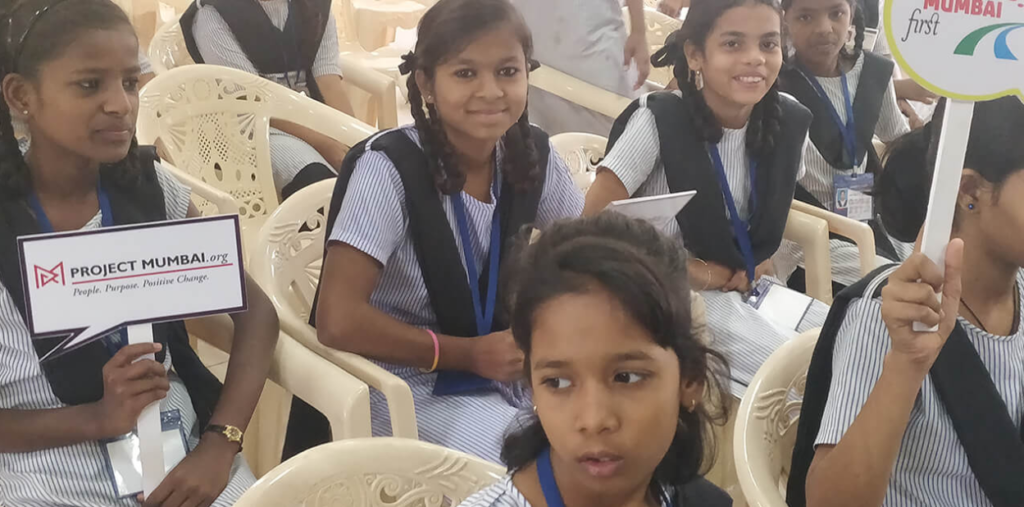
Overview: Project Mumbai engages in projects to make the lives of citizens better through various initiatives in the communities.
Services Offered:
- Nayi Disha Initiative: This offers psychological support for inmates and officers in prison.
- Campaigns for Awareness: Project Mumbai implements campaigns aimed at de-stigmatizing mental illnesses inside correctional institutions.
Impact: By catering to the unique requirements of the inmate population about their mental health issues, Project Mumbai plays a key role in rehabilitation.
Website: https://projectmumbai.org/
Mental Health NGO Challenges
Despite their significant contributions, mental health NGOs face several challenges:
- Limited Resources: Most NGOs operate on tight budgets reliant on donations and grants. This financial constraint limits their ability to expand services or reach underserved populations effectively.
- High Demand for Services: The growing concern and awareness about psychological issues have opened up more people to demand help, but for many NGOs, resources are not sufficient to manage the influx. Long waiting periods discourage individuals from seeking help when they are actually needed most.
- Stigma that Persists: Mental illness stigma may be decreasing while the deeply etched societal perspectives still challenge most NGOs in attempts to get them to seek counselling. Many hold that seeking any kind of treatment amounts to weakness.
- Bureaucratic Bureaucracies: To secure funding, or even when attempting to apply for new program proposals, NGos may face burdensome bureaucratic regulations from authorities. Thus, it leaves their ability to execute programs late as bureaucratic regulations may seem cumbersome.
Community Impact of Mental Health NGOs

Mental health NGOs have contributed significantly to the overall betterment of people’s lives in Mumbai:
- Improved Access to Care: Offering free or low-cost services, these organisations have increased access to vital mental health care services for disadvantaged groups who might otherwise not receive such services.
- Awareness: Through several campaigns and awareness programs, they have been able to raise awareness of mental illness among different people. This enhances the reduction of stigma attached to seeking help.
- Support Networks: NGOs facilitate an environment for people to air their experiences with no fear of judgment. Support networks enhance community cohesion and ensure that people come out to seek help when in need.
- Policy Advocacy: Many NGOs advocate for government policies regarding both funding and accessibility of mental healthcare. Their voices contribute significantly toward creating a more supportive environment for those affected by mental illness.
Future Directions for Mental Health NGOs
To further improve their effectiveness, mental health NGOs in Mumbai should consider the following strategies:
- Strengthening Partnerships: NGOs can collaborate with government agencies, healthcare providers, educational institutions, and other stakeholders to obtain additional resources while expanding their reach within communities effectively.
- Advocacy for Policy Change: Engagement in active advocacy efforts focused on improving national policies regarding funding allocations towards community-based programs will ensure sustained growth within this sector over time.
- Effective Use of Technology: Leveraging technology—such as telehealth services—can help reach more individuals who may not have access otherwise due to geographical constraints or personal circumstances preventing them from visiting physical locations regularly enough where these resources exist locally available nearby them!
How to Participate
- Volunteering: Several NGOs accept volunteering help for programs and outreach. For eg. Mpower: Volunteer to help raise awareness and conduct workshops.
- Training Programs: Some NGOs offer training for volunteers. For example, Project Mumbai trains persons engaging with mental health support initiatives.
- Public Awareness Campaigns: Participate in activities related to awareness through community outreach like NGOs AASRA in preventing suicides and issues on mental health
- Donations and Fundraising: Donate to an NGO if volunteering is not an option; a great example of sustaining the programmes at NGOs like the Manav Foundation.
- Community Engagement: Host events or discussion forums on mental health within your community and collaborate with NGOs to multiply your impact.
Mental health NGOs in Mumbai play an indispensable role surrounding issues related to directly impacting people’s emotional well-being and daily lives! Their commitment towards providing essential services while advocating tirelessly against the stigmas attached remains paramount towards fostering healthier societies overall!
As we enter into the future, conversations on the emotional well-being of the surrounding community are normalised. In such times, if change needs to stay there in our Indian communities forever, supporting organisations that create opportunities must remain paramount!
Through sustained efforts on education outreach in addition to accessibility options available through innovative solutions together, we pave the way towards a brighter future filled with hope, understanding, and compassion toward all those affected by the challenges posed alongside struggles faced daily navigating the world around us today!
Leave a Reply